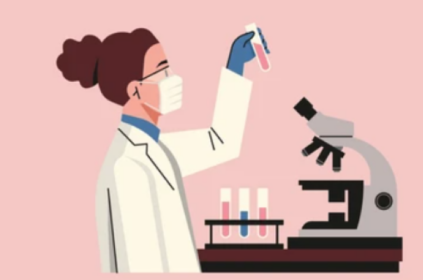In a hopefully significant stride forward for pancreatic cancer treatment, the U.S. Food and Drug Administration granted Orphan Drug designation to azeliragon, a small-molecule receptor for advance glycation end products (RAGE) inhibitor licensed and now developed by Cantex Pharmaceuticals. This once-daily pill prevents RAGE from interacting with ligands in the tumor microenvironment.
Essentially, when the ligands normally activate RAGE, it helps tumor cells grow and spread. RAGE activation also makes tumors more resistant to treatment. Since pancreatic cancer is already difficult to treat, as it is diagnosed at later stages, finding therapies to overcome drug resistance is crucial. Novel therapies could also improve the 5-year survival rate, which currently sits at 13%.
Outside of pancreatic cancer, azeliragon is being explored as a potential therapeutic intervention for cognitive disturbances associated with breast cancer chemotherapy, severe pneumonia, brain metastasis treated with whole brain radiation or stereotactic radiotherapy, unmethylated glioblastoma treated with radiation therapy, and glioblastoma treated with radiation therapy and temozolomide.
Why Azeliragon Received ODD for Pancreatic Cancer
Orphan Drug designation is a critical step that provides regulatory and financial incentives to encourage treatment development in the rare and orphan disease space. More specifically, this designation is granted to therapies intended to treat conditions that affect fewer than 200,000 people in the United States annually.
Preclinical studies have shown that azeliragon may interrupt the key pathways that tumors use to grow and spread. As Cantex Pharmaceuticals explains:
“There has been extensive demonstration of pre-clinical efficacy of RAGE inhibition in animal models of several cancers…[and] diverse serious complications of cancer, including cancer-related cognitive decline, as well as the development of metastatic disease.”
Cantex Pharmaceuticals, 2024
Thus, this designation stands as more than just a testament for azeliragon’s promise. The incentives granted by Orphan Drug designation—fee waivers, assistance with clinical trial design, and seven years of market exclusivity upon drug approval—will also catalyze future research and development.
Editor’s Note: Get Involved
Cancer doesn’t discriminate. WHATNEXT and its partners are interested in amplifying the voices of those from all identities and backgrounds. If you have a cancer journey to share, reach out here to learn more about how your voice can help spread awareness and inspire individuals from all walks of life.
oncology Orphan Drug orphan drug designation pancreatic cancer
Last modified: June 25, 2024











